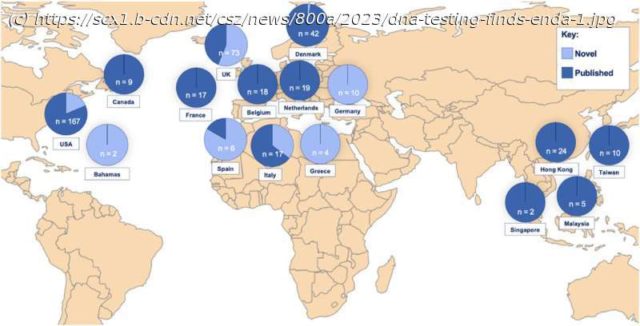DNA testing has confirmed widespread—and probably illegal—international trading of critically endangered European eels.
DNA testing has confirmed widespread—and probably illegal—international trading of critically endangered European eels.
A research team led by the University of Exeter carried out « DNA barcoding » on products including jellied eels and unagi, which is used in sushi and donburi.
With European eel populations at about 5-10% of their former levels, the EU has banned the import and export of European eels.
This has sparked a highly lucrative illegal trade—with media reports of a « multi-billion pound eel mafia. » In June 2022, European authorities announced the arrest of 49 people involved in a trafficking network that moved live eels in suitcases.
The researchers analyzed 114 samples and combined their results with existing published research, finding European eels—and endangered American and Japanese eels—on sale in the UK, Continental Europe, North America and Asia.
« The growing popularity of Japanese cuisine worldwide has caused an increasing demand for freshwater eels, » said Dr. Andrew Griffiths, from the University of Exeter.
« The complex lifecycle of these eels—which includes migrating from rivers to spawn in the sea—means they cannot be bred at large scale in captivity.






